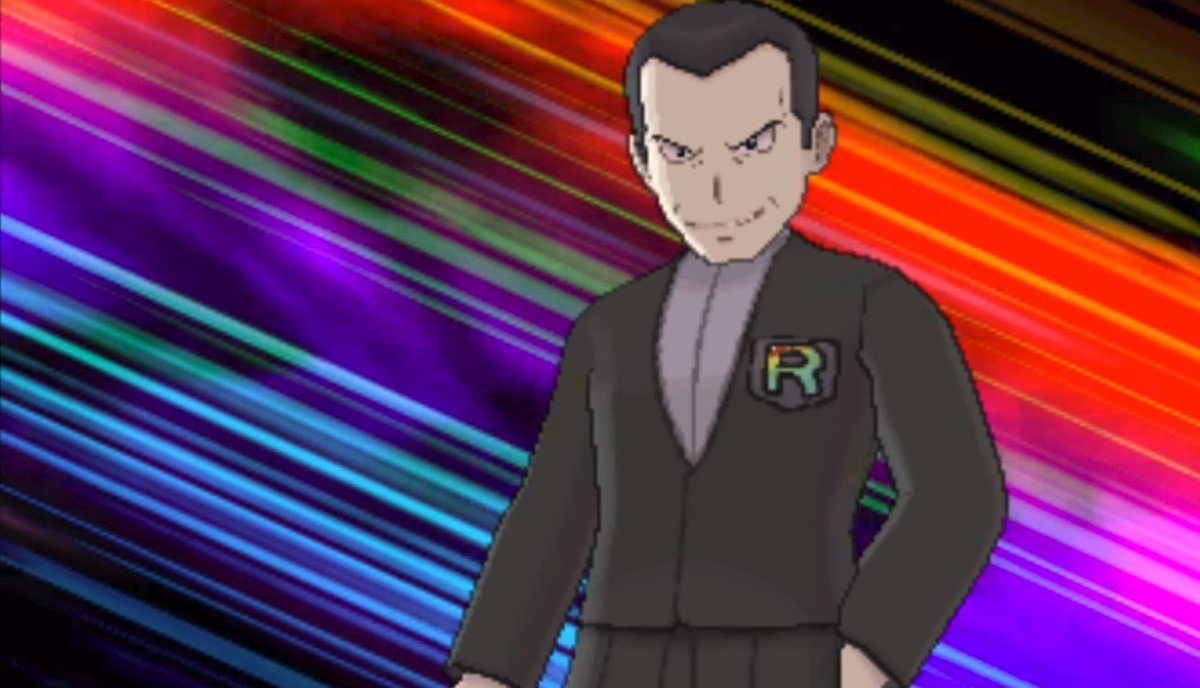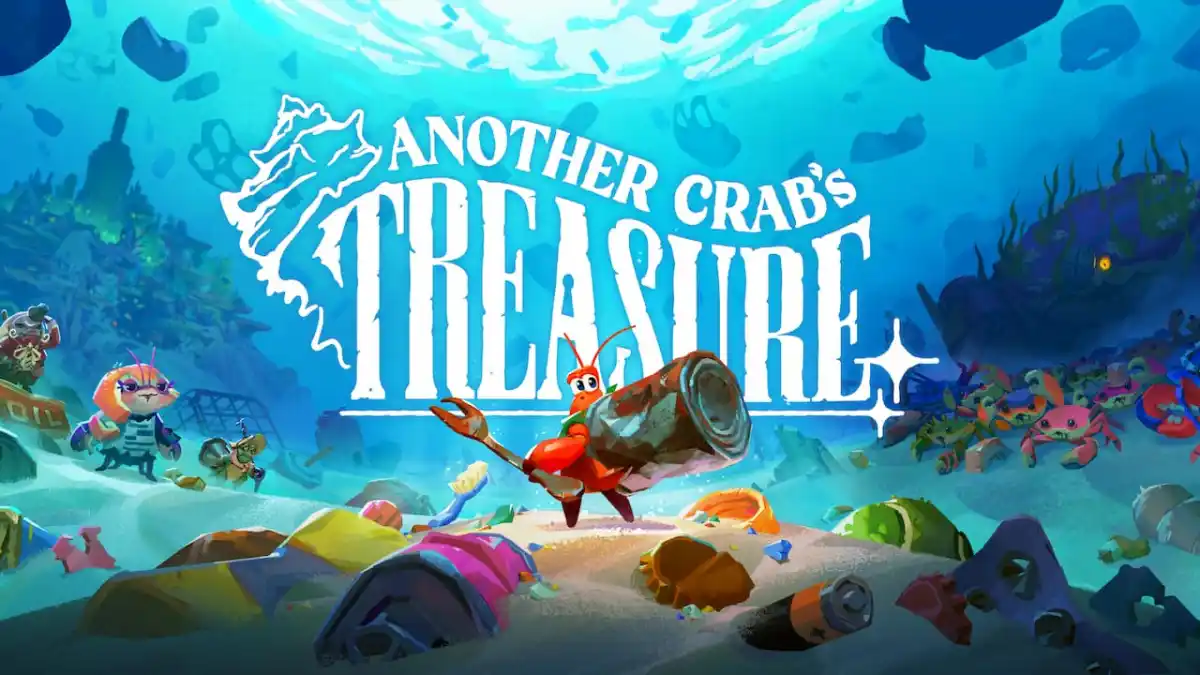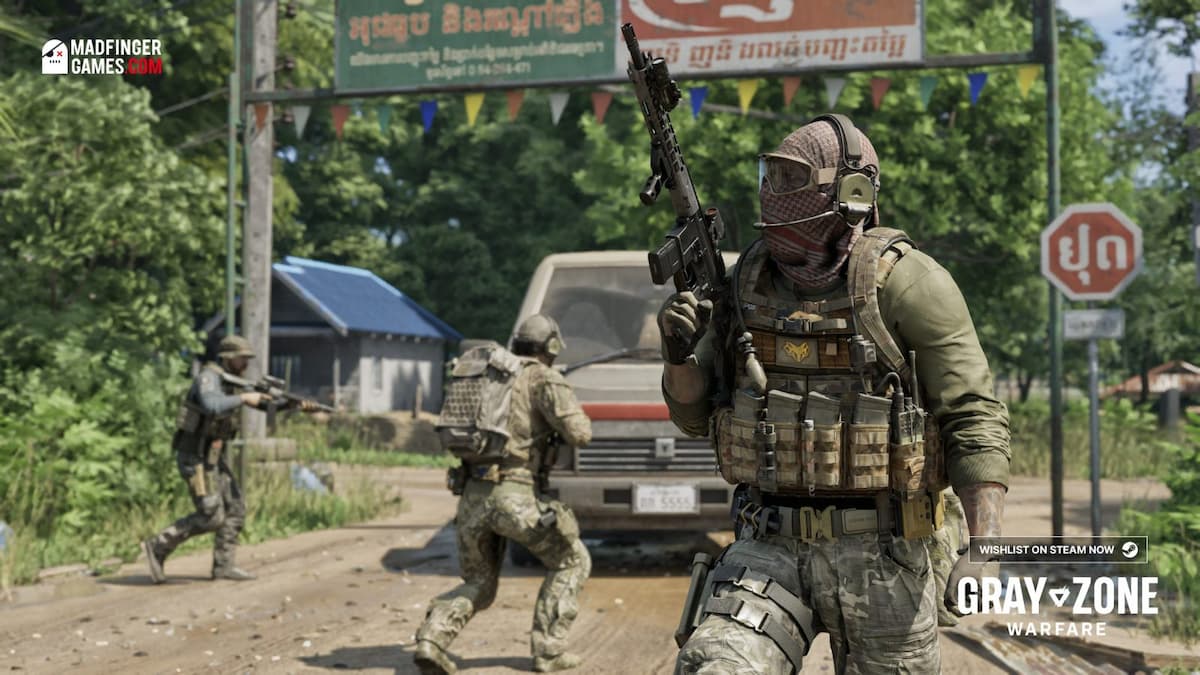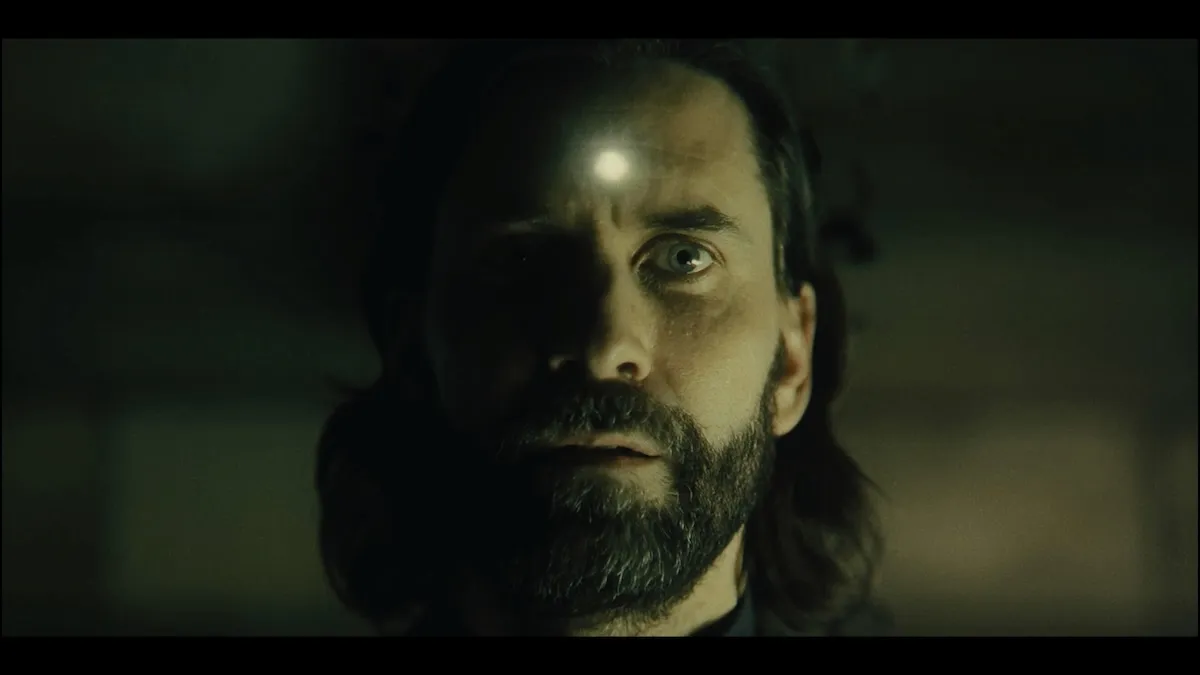Featuring Professor Oak’s grandson, Poopface
Pokémon players want to be the very best, like no one ever was. To catch them is their real test, and to train them is their cause. I mean, if you buy a Pokémon game, you can probably assume that’s why you wanted to buy it. That’s what the series pushes most. Yet because it’s an RPG series, it’s inevitable that people will demand for the story to take the front stage. I often hear that some would rather place more emphasis on the conflict against the likes of Team Rocket than the Pokémon League. Today, I want to challenge that idea by taking a look at various narrative elements in these games, the antagonists who move them forward, and how they fit together.
Oh, and just as a heads up, I will discuss spoilers from the main series Pokémon games, especially the newer ones. I’ll try to avoid revealing too many specifics from Sun, Moon, and their Ultra counterparts, but those games are especially important to this subject, so I’m going to mention some big details. Granted, these games are so popular it’s hard to not already know such spoilers. But if by some chance you’re still waiting to play and are still blind on spoilers, this is your warning.

In the traditional Pokémon plotline, you spend most of your time challenging the local Pokémon League by fighting Gym Leaders and eventually the Elite Four. But to spice things up, a few other recurring faces get in your way. After all, the Pokémon League isn’t really a bunch of antagonists, it’s just an organization that facilitates the pursuit of every hotshot Trainer’s goals. I like the Pokémon League, but since your protagonist is a blank slate, there’s no story to tell in progressing through a series of institutionalized challenges with no personal wrinkles other than “YAY, YOU DID THE THING.” In the first few games, your antagonists are Team Rocket and your rival.
Team Rocket’s goons are mostly around to cause miscellaneous problems because money, plain and simple. They’ll mug people, they’ll con people, they’ll steal Pokémon, they’ll hijack radio towers. But it’s usually by coincidence that you must defeat them, such as removing related roadblocks or earning key items. Sure, it’s awesome to be the good Samaritan, but your character has no ties to them other than they’re in the way of your Pokémon League challenge. The same can be said about most evil teams in the series… with some exceptions.
Your rival, on the other hand, appears spontaneously specifically to battle you with respectable teams. In the first two generations, these rivals are straight up antagonists, jerks who despise you and want you to fail. But come Generation III and onwards, your rivals are instead friendly faces who sometimes help you out. They’ll still challenge you at inopportune moments, but they do so with the intent of seeing how far you’ve come and gauging whether you’re ready for challenges ahead.
And this is where I commit sacrilege among the Pokémon fan base… I prefer having a friendly rival such Hau or May over a jerkish one like Blue or Silver.

But! Characters such as Blue and Silver serve as excellent contrasts to the protagonist. Whereas most Pokémon games reward treating your monsters with kindness and care, these two jerks care about nothing but victory, even at the expense of their Pokémon. They successfully make you hate their guts. These two doo-doo dorks are much more satisfying to beat than most other bosses in the game because of their dynamic with the player.
When I say “I prefer having a friendly rival,” I mean that I think of a rivalry as a relationship between two characters who inspire and spur each other to constantly one-up each other. While it’s true that Blue and Silver fit the actual definition of “two opponents trying to one-up each other,” they don’t fill a role that only friendly rivals can fit into. The Pokémon series prides itself for connecting you with other real-life players, and it’s important to have an in-universe character that reinforces that pillar of human mutual support. The friendly rivals, people who constantly battle you with the intent of spurring your growth as a Trainer, fit that theme much better than the older rivals.
Blue and Silver don’t want to fight you to make you a better Trainer, they just want to beat you, and you want to punch them in the face. Actually, the fact that they act to oppose that goal makes them all the more satisfying to punch in the face! Characters such as these two work wonderfully as recurring antagonists. So while I embrace the fact that rivals from Generation III onward became more friendly, it feels like something significant is missing from these games without an equivalent to these jerks somewhere in the story.

Come Ruby and Sapphire, Team Rocket took a back seat in favor of new evil teams that would serve similar roles. These new teams, however, are driven by overarching goals that drive their actions towards a single, climactic end. Ruby and Sapphire even gave us two such organizations, Team Magma and Team Aqua. These villains drastically raise the stakes by tying legendary Pokémon, which were formerly relegated to sidequests, into their dastardly plots. So, what did they want to do with the flagship Legendaries Groudon and Kyogre?
Add more land to the planet and add more water to it, respectively.
Yeah, these guys get mocked pretty often. It doesn’t help that their plot escalates to world-threatening heights only because they mixed up some color-coded Orbs. Whatever purposes drive their goals just get drowned out by extremely poor decision making, when we’re supposed to believe them to be expert criminal organizations.
From here on out, it became the norm for evil teams to work Legendaries into their main story plotlines. Diamond and Pearl stepped the ambitions a notch further with Team Galactic. Their goal? To remake the universe. Alright, more stereotypical, but also a believable one for fantasy antagonists plotting to use the equivalent of their world’s gods (I mean, you can catch Arceus, Pokémon logic doesn’t stop them from trying). Their leader is driven by nihilism, hence his extremist ideology. He works for what he does, he’s just lacks memorable impact.
Black and White, on the other hand, have one of the most respected plotlines in the series. Their main antagonists are Team Plasma, aka PokéPETA. Their goal is to release all Pokémon from Trainers, under the creed that Pokémon deserve to be free. This is, of course, a hypocritical ruse that they later demonstrate by abusing an innocent Pokémon to make it cooperate with their plans.

Plasma is the most love-to-hate teams in the series for many reasons. Firstly, they have a public presence, attempting to accomplish their goals through legal means simultaneously with their illegal schemes. Secondly, their agendas invoke an ideology about the use of Pokémon (Is it okay for Pokémon to have Trainers?) and even though Plasma is obviously in the wrong, this provokes rarely asked questions. And thirdly, they straight-up hijack the endgame, making the final boss their leader instead.
Then there’s N. Unlike the rest of Team Plasma, N’s motives for liberating Pokémon are honest and pure. He acts as their (supposed) leader, but his intentions and behaviors are actually empathetic, as proven when he finally defects. N is a very unusual character for the franchise, acting as an anti-villain who simultaneously opposes you and respects you. His dynamic with both the player and with Plasma adds many new wrinkles to Team Plasma’s place in the Pokémon mythos, cementing this story as a fan favorite.
Then we get brought to X and Y, where… okay, I still don’t get it. Why do Nintendo’s 3DS games have an obsession with villains fixated on “beauty”? There was Yuga for Zelda, there was Queen Sectonia for Kirby, and then there’s the leader of Team Flare, Lysandre. His particular take on it is that he’s fed up with humans doing stupid things, so he decides to blast the world with an ancient superweapon that will destroy pretty much all life on the planet, because that’s beautiful.
Yeah, I don’t know either. Thankfully, Generation VII shook things up in a lot of good ways.

Enter Team Skull, another favorite “Team” of the series. Unlike every other antagonistic organization, Team Skull is a joke. Literally. They’re gag villains who rarely ascend beyond petty crimes, and everyone knows it. No grandiose ideology or large-scale plot, much like Team Rocket of yore except never taken seriously. They’re practically a parody of the archetype, and they serve that role wonderfully. Meanwhile, you have the Aether Foundation, whose employees are exactly who you thought they were if you saw them in the trailers. Yep, they’re the straight-played evil team in disguise. It was neat to see, but they don’t do much different than other evil teams after their big reveal… except for Lusamine.
There’s a lot of interesting things to say about Lusamine’s role in Sun and Moon’s story, but again, I want to remain somewhat vague. Unlike most villains, her ambitions are driven mostly by personal wants. Even outside of her plan’s larger consequences, these personal wants cause a lot of problems for a small group of people, whom you happen to meet during your Island Challenge.
The result is an antagonist with a handful of deep, meaningful relationships with the friendly faces you grow attached to during your journey. In a game where your main character is a blank slate, this leads to a lot of memorable character arcs and scenes that otherwise can’t happen. The main series Pokémon games rarely explore these staples of storytelling, so this makes Sun and Moon’s cast the strongest in the series.

Then Ultra Sun and Ultra Moon retconned the interesting part of all that.
I can see what they were going for. Lusamine is one of the most popular characters from these games. So come the Almost Obligatory Half-Generation Remake, Game Freak probably figured it’d be appropriate to portray her in a more favorable light by writing her a redemption arc. The issue? Instead of making Lusamine fight against her previous motivations to earn her redemption, those motivations are completely rewritten as if they never existed in the first place. She becomes a drastically different character, one with weaker dynamics and less compelling conflicts against your friends.
Oh, and Ultra Sun and Ultra Moon’s plot is more about saving the world instead of helping your friends.
So what does all of this mean? Most of the more underwhelming Pokémon stories are the ones where the evil teams have high-stakes plans. So, clearly, the answer isn’t to keep introducing villains that want to blow up the planet. Rather, the most compelling antagonists are those that are driven by motivations which run counter to, or otherwise play with, the conventions and themes of the series.
Saying that, here I commit blasphemy against this beloved franchise again… I think a Pokémon game doesn’t need an evil team to have a good, iconic story. You know what, let’s make this interesting and embed a poll here. If I’m wrong, then may the statistics make me eat humble pie.
Sure, it was interesting to learn that Giovanni was both the boss of Team Rocket and of Viridian City’s gym! That implies that there’s much more to this man than his life of crime, which we rarely see out of these evil team leaders. But characters like Blue and Silver play off of the player’s personal agendas; to be the very best like no one ever was, to catch them as your real test, and to train them as your cause. Likewise, N opposes you despite housing a similar respect for Pokémon. Lusamine causes problems that prevent other characters from pursuing the same self-improvement that you do, until you confront her together.

I’m not saying that the evil team archetype is a bad one! Team Plasma earned its reputation as one of the best villain organizations in the series by playing with the series’s themes. The GameCube “Shadow Pokémon” games revolve around the conflict against Team Cipher and nothing else. And Ultra Sun and Ultra Moon’s Rainbow Rocket episode is the most interesting thing those games added to Sun and Moon’s story!
But the latter two are a spinoff and a postgame addition, while the former depends heavily on a few individuals as well. The evil teams are usually tools to an end, rather than compelling narrative devices on their own. Generation VII demonstrated that Game Freak and Nintendo can experiment with this monumental series and succeed even more for it. I’m curious to see what they might achieve if they break more traditions.
Of course, I’m not saying all of this because Pokémon needs a better story. It’s Pokémon. Nobody plays a Pokémon game for the story. I sure don’t, I prefer to collect and raise colorful friends! But maybe we can expect to see Game Freak go further with the directions Sun and Moon took on the Switch. Or maybe not. Who knows? Who cares? I do, in the same sense that I always overthink plots more than anyone should, but what about you?




